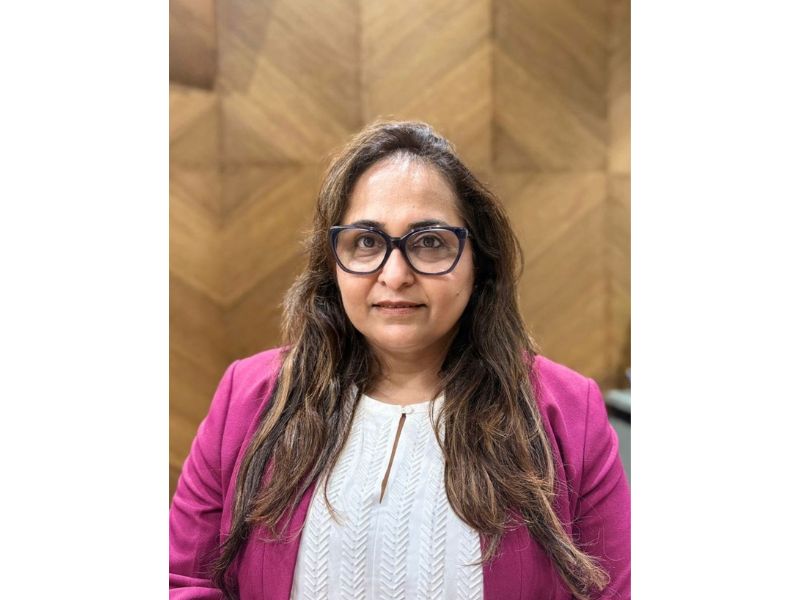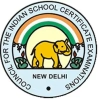What small-town students bring to global classrooms
Mamta Jani, Founder, Ontrack Education
For decades, studying abroad was the preserve of urban privilege—students from metropolitan centres with polished résumés and fluent English stepping into global universities. But today, a quiet shift is underway. Learners from small towns and rural communities are increasingly entering international academic spaces—not just as students, but as subtle disruptors. They are not merely crossing borders; they are reshaping global education from within.
The Courage to Dream Beyond Geography
When a student from a village in Tamil Nadu enters a lecture hall in Berlin, or a girl from rural Uganda joins a sustainability programme in Sweden, they bring with them a perspective rarely seen in traditional academia. Their presence is not the result of privilege, but of perseverance. Their stories—of walking miles to school, studying by kerosene lamps, and dreaming in places where ambition is not the norm—introduce their peers to a raw, lived resilience.
These narratives may not be polished, but they are profound. They spark curiosity and reflection among classmates who may never have encountered such realities. In doing so, they add depth and authenticity to global classrooms, transforming them into spaces of mutual understanding and learning.
Authentic Diversity: More Than a Passport
While many universities champion diversity, genuine inclusion goes beyond passports and accents. It is about life experience. A student from a semi-urban school in Jharkhand can offer first-hand insights into tribal rights or sustainable agriculture. A youth from rural Mexico understands water scarcity not through statistics, but through lived hardship.
These contributions challenge theoretical frameworks and bring relevance to academic discourse. Their voices move classrooms from knowledge exchange to collective awakening.
Disrupting Norms with Local Wisdom
Small-town students are also redefining how knowledge is applied. Their exposure to frugal innovation, adaptability, and community-based solutions enriches academic conversations abroad. A scholarship recipient from rural Nepal might reframe public health policy through the lens of low-cost care models. An engineering student from Odisha could inform Australian discussions on eco-architecture with bamboo housing solutions from his village.
These learners don’t seek to mimic—they aim to integrate. Their so-called “outsider perspectives” are often the most original, precisely because they emerge from real-world challenges.
Technology: A Bridge to Contribution
Digital tools, online resources, and mentoring platforms have helped level the playing field for small-town aspirants. But once abroad, these learners are not just catching up—they’re giving back. Through YouTube channels, blogs, and collaborative platforms, many become ambassadors of their local knowledge. They educate others, transforming into global educators rooted in local realities.
Rooted Learners, Transformative Classrooms
Studying abroad is often portrayed as life-changing for small-town students. But perhaps their greater impact lies in how they change the classroom itself. They bring depth to statistics, humanity to case studies, and alternative viewpoints to dominant narratives. They transform the compass of learning—from global to glocal.
Beyond Borders, Beyond Bias
These students are not just participating in the global education system—they are quietly rewriting it. Their presence challenges homogenised academia and prompts institutions to reconsider who defines global knowledge.
As they continue to cross geographical and intellectual borders, they redraw boundaries—not just for themselves, but for the entire world of learning. In doing so, they remind us: education doesn’t merely change lives—it transforms the very landscapes where learning unfolds.
Also Read: DPDPA compliance: A digital duty for Indian schools

















Add comment